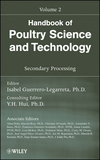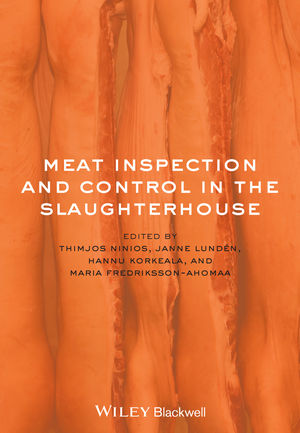Legislators propose bill to retain more of the US egg supply
Congressional letter urges EPA to grant the National Chicken Council's petition.

Photo: sedaris/Pixabay
Rep. Josh Riley (D-NY) is introducing The Lowering Egg Prices Act with Dusty Johnson (R-SD), Pat Harrigan (R-NC) and Kristen McDonald Rivet (D-MI), which would eliminate a regulation that forces farmers to discard millions of eggs each year.
The bill mirrors the National Chicken Council’s previous petition to the Food and Drug Administration to reverse or modify a 15-year old regulation that forces the broiler industry to discard safe eggs.
Federal regulations require the refrigeration of eggs 36 hours after they are laid. But that rule does not distinguish between table eggs, which are raw products that need to be refrigerated, and breaker eggs, which are pasteurized for use in everyday grocery products.
This has forced the broiler industry to throw away nearly 400 million safe eggs each year. The Lowering Egg Prices Act will fix this problem by granting regulatory discretion on the refrigeration requirement for broiler eggs.
NCC lent its support to the bill. “I want to thank Rep. Riley for his leadership on this important issue, and thank Reps. Johnson, Harrigan and McDonald Rivet for lending their support to this commonsense effort,” said NCC President Harrison Kircher. “With Easter right around the corner, coupled with ongoing high egg prices, we should be doing everything we can to help the egg supply, and this is low-hanging fruit.”
A bipartisan group of more than a dozen members of the House of Representatives also recently wrote to Acting FDA Commissioner Sara Brenner, urging the agency to grant NCC’s petition.
“The rule requires the broiler industry to discard eggs that don’t meet certain refrigeration requirements,” the letter said. “Those requirements make sense for table eggs, which are raw products, but the rule makes no sense for broiler eggs, which are pasteurized. The FDA and the US Department of Agriculture (USDA) said as much in a 2020 joint risk assessment, which concluded that broiler eggs present an extremely low public risk due to the 'extremely high pasteurization efficiency' of the egg-breaking pasteurization process.”
Source: National Chicken Council
Looking for a reprint of this article?
From high-res PDFs to custom plaques, order your copy today!









